Prof. Baji of IBBUL Advocates for the Restoration of Grade II Colleges in Nigeria.
By Our Correspondent
Professor Mohammed Ibrahim Baji, a university scholar and Director of the Institute for Continuing Education and e-Learning (ICEeL) at IBBU, Minna, has called for improved teacher welfare, the restoration of Grade II colleges, and the establishment of more Colleges of Education. These measures aim to ensure the production of more qualified and competent teachers in Niger State and across Nigeria.
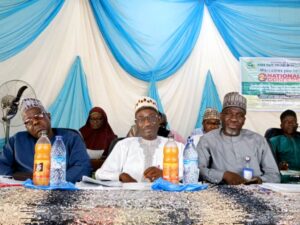
Prof. Baji made these recommendations in his keynote address at the 2nd National Conference organized by the School of Education at Niger State College of Education, Minna. The conference theme was “Transforming Teacher Education for Inclusive Education in Nigeria: Strategies for Production, Relevance, and Retention.”
He emphasized that producing more qualified and competent teachers, along with transforming the Niger State College of Education into a University of Education, would enhance career prospects and progress in teacher education within the state.
According to him, transforming teacher education in Nigeria is crucial for achieving educational excellence and national development. Professor Baji pointed out that by drawing inspiration from global models—where significant investments in infrastructure, curriculum reforms, and effective policy implementation have led to success—Nigeria can develop a dynamic and sustainable teacher education system.
He commended the Niger State Government for establishing the Niger State Teacher Professional Development Institute (NSTPDI), which has the potential to restore the lost prestige of teacher education in Nigeria through pre-service training, in-service training, and the certification and licensing of teachers.
Professor Baji explained that teacher education is a vital component of national growth and development. It goes beyond simply preparing individuals to teach; it is about building a strong, capable, and reliable workforce capable of propelling the country forward.
He identified several challenges facing teacher education, including poor funding, corruption, inconsistent policy implementation, an outdated curriculum, negative public perceptions of education, infrastructural deficits, poor working conditions and motivation, inadequate management of teaching practice, brain drain, and ineffective quality control.
He asserted that if the major challenges confronting teacher education in the country are significantly reduced, teacher education will indeed thrive, producing more qualified, competent, and dedicated professional teachers in Niger State and Nigeria as a whole

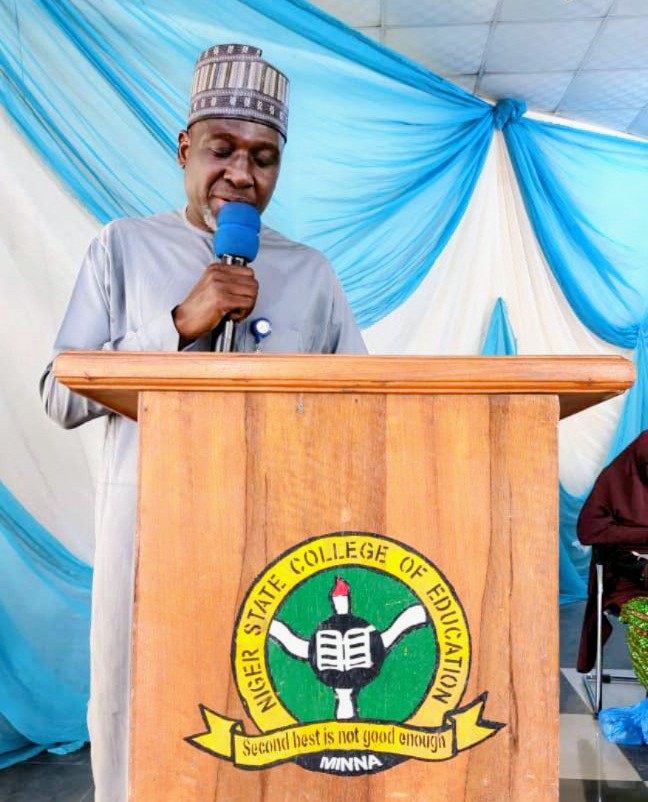
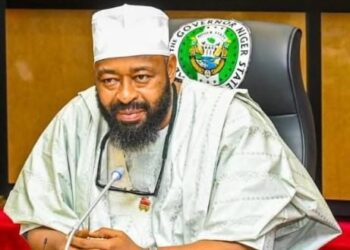
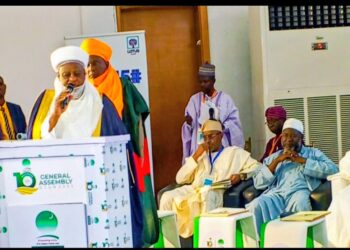
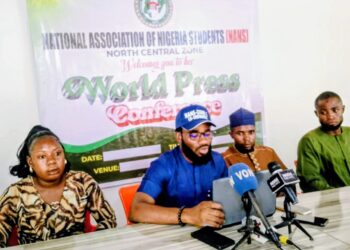
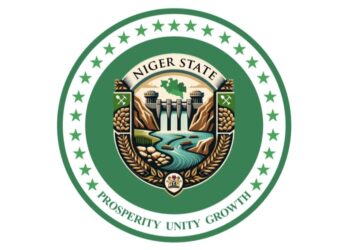











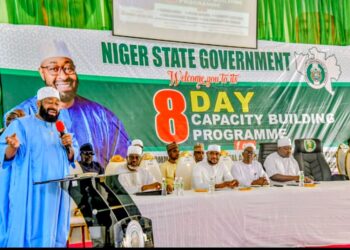
mq3544